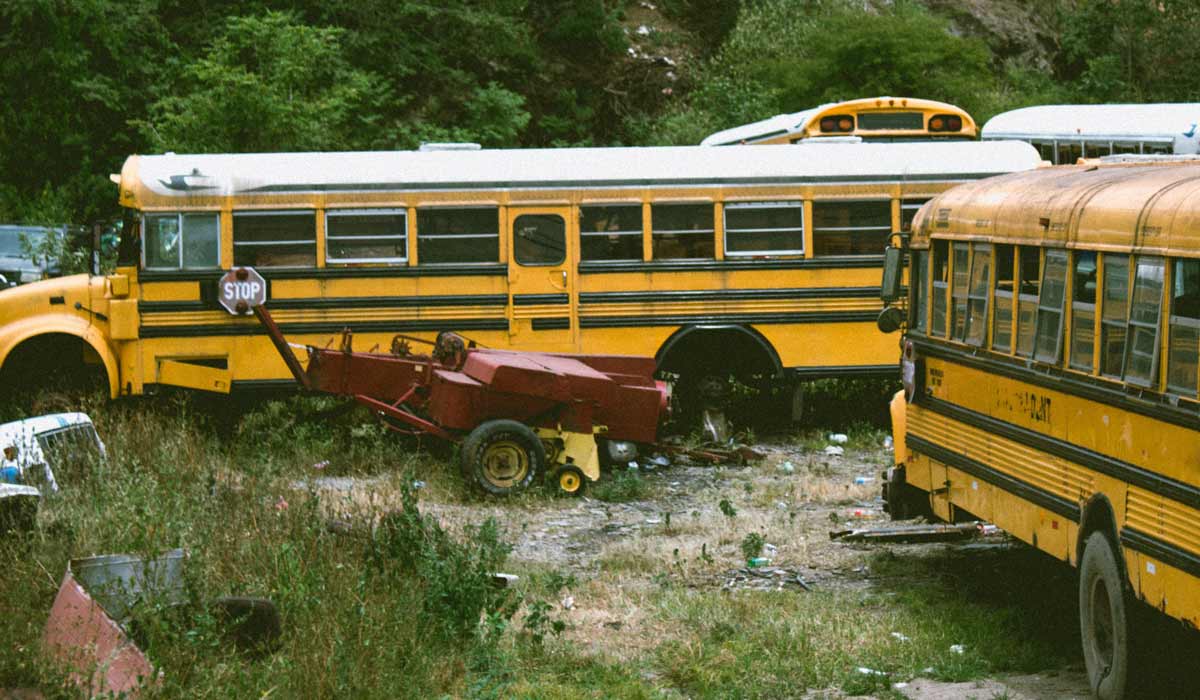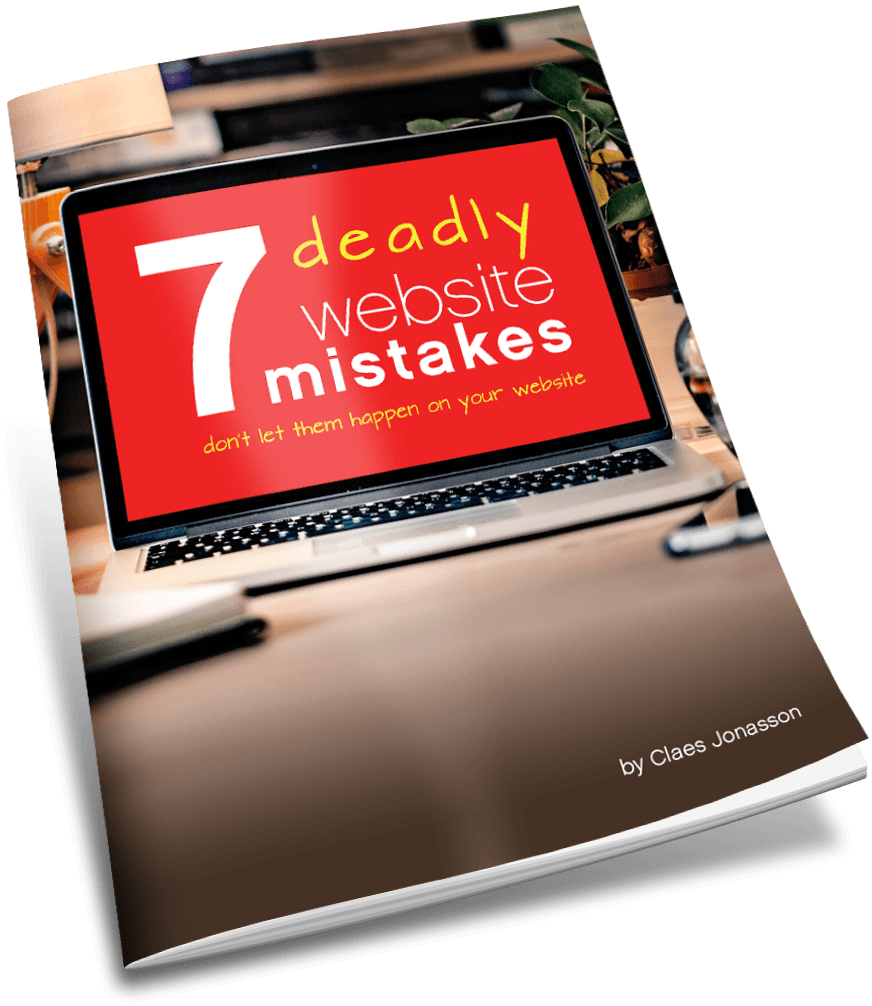When the wheels come off the bus
When I took Public Relations 101 in college, there was one part of the course that made everyone groan. Because nobody wanted to deal with that one.
I’m talking about how to handle an emergency situation.
Everyone gets excited about how to promote the new product or initiative. How to get front page on Google. How to make headlines and be seen. How to go viral.
But how to handle a catastrophic event, not so much.
It probably isn’t going to earn brownie points with top brass.
Likewise, we sit jam-packed in an airplane and mostly ignore when the cabin personnel go through what to do in case of an emergency. You know, where the exits are and how to get there. Mostly we figure the way the sardines are packed in, no way to evacuate everyone in 90 seconds.
We’re all gonna die!
Gotta have a plan
Yet the teacher in that Public Relations 101 course insisted that every business, every organization must be prepared for an emergency.
Because some day the wheels will come off the bus. Not “if”, but “when”. Once that happens, it will be too late to spin up a plan from scratch.
That’s why my dad and the others in the volunteer fire department in my home town regularly practiced putting out fires by burning down houses that were to be torn down. So they all knew what to do when a real fire happened and lives were at stake. Too late then to read a copy of Fire-fighting for Dummies.
All this is strangely relevant all of a sudden.
Now we’re in the middle of a national crisis.
When the isht hits the fan
Around here in Arkansas, folks were going about business as usual up until about 2 weeks ago (as I write this). Each night, the TV news showed a map with ever more states in red, signifying they had the Covid-19 virus. But Arkansas was still white. No cases.
Even when all the surrounding states were red, people didn’t worry.
Then it all changed. One case was reported.
Which immediately shut down one school. Quickly followed by all schools in a several counties. People hit the stores to buy everything they could get their hands on. Especially toilet paper. Because that’s what you do when there’s a blizzard or ice storm coming. So must apply in other emergencies too.
From there, it’s escalated daily. My inbox is full of emails from businesses about how they’re handling the situation. And those responses seems to change from day to day.
The 3 stages of crisis
There are actually several stages to a crisis:
Panic-time (aka Ragnarök or the end of the world as we know it)
Cataclysmic. Right when everything changes. Clearly the old normal is gone and people don’t know what to do. Panic comes easy. Like grabbing a lifetime supply of toilet paper.
Clear leadership is essential at this point. Just standing around, trying to figure things out is a sure fail. Minimizing or pretending there’s no problem also doesn’t work. Because, well, people see that things aren’t normal.
The world is shifting and it’s scary.
So we need to be extra careful how we react. It’s ever so easy to make things even worse than they are by rash decisions.
Because while this happened suddenly, we’re in a long-term game. Like chess. We need careful strategy for moving forward.
This is also a time for compassion. We’re all stunned, affected, suffering. Good leaders provide hope and stability.
The last thing we need are big decisions made when we’re all scared. Because those decisions are lousy.
Typically this stage lasts from 1 to 3 weeks after the beginning of the crisis.
Business in the time of Panic
Sales in many cases stop dead in their tracks. Because how do you sell a new car to someone who just lost their job because the company they work for had to shut down due to Covid-19?
The focus for everyone, individuals as well as businesses and nonprofits, becomes one of “what does the pandemic mean for us?”
For many, it’s dried up business or forced closings.
Other people are working harder than ever to continue to provide essential services or products in a very different-from-usual environment.
None of us really need sales pitches for stuff that isn’t essential right now at this point. What we all do need to hear and know is that we’re not alone. That relationships matter and that, somehow, we’ll all get through this together.
Slouching towards a new normal
Then there’s a longer transition time. Towards a new normal. Making things work for now. With good leadership we can begin to see new opportunities and find our way towards a new way of doing life and business.
We probably have no idea how long the transition will take. Or where we’ll be when it ends. It’s a process. We know it’s started, but we don’t see the end yet.
Even so, we can now can start to think strategically.
- What is my plan going forward?
- What is business/organization really about? (When things are going well, it’s easy to forget.)
- What do my customers/constituents need and want? Because when the dust settles, that may end up being quite different from what they used to need and want.
- How will I adjust? How will I present my offer(s) in the new normal? Will what I used to offer still be needed?
Time to be strategic and think long term. Not just how to get through the next few days.
During this transition time, we also work through the 5 stages of grief. Because the old way of life was lost in the crisis. Something new will come, but I still need to work through my feelings.
Business during the slouch towards a new normal
As we begin to work through the crisis and finding a new normal, it’s not just a matter of pulling out the old services/products/sales pitches and unleash them again. Because things have changed. The old ways may not be at all relevant anymore.
So it’s important for us all to listen and dialog. To understand the new world emerging and seeing how needs are changing. So we can reconnect with and support each other.
It’s a discovery process and we’re in it together.
A new normal
Then finally, there’s a point when we reach what life will be from here on. Most likely, we’ll one day notice that the world has settled down. Things are no longer changing like crazy. Which is when we realize, the crisis is behind us and we’re establishing new patterns. New routines.
Keep in mind that anyone telling you that we’ll get through this and then things will be just the way they were before, as if this whole bad thing never happened, is lying.
Consider 9/11. Getting on an airplane hasn’t been the same since. Sure, there were security checks before. But nothing like what we have now, still 19 years later. The world changed.
There will be a new normal after Covid-19 as well. Just different from the old normal.
Business once the new normal is reached
Chances are not everyone is gong to make a comeback once the pandemic is over. But there will also be new opportunities. Many of us have the ability to pivot: To shift what we’re doing or how we’re doing it to better fit the world around us. Those who can and do will prosper as we enter the new normal.
Those who don’t will likely go the way of buggy whip makers and village blacksmiths when the automobile came around about 100 years ago.
Not business as usual ever again.
When the crisis hit, the conversation changed.
Right now, right here
So we’re in a pandemic like none of us have seen in our lifetimes.
It’s important for us as individuals, as business owners, as nonprofit leaders, to keep well informed. To think strategically and look ahead.
Because even in the middle of all this confusion and medical uncertainty, there will be opportunities. If we see them.
For me, this time is about focusing more closely on what my business should be about and what’s truly important in it. Knowing that helps me look forward to where I want to emerge in the new normal.
The uncertainty also makes us scrutinize decisions we normally would have made with little thought. When everything is humming right along, it doesn’t matter so much if I made a silly or bad decision. I can usually afford to not have everything pan out. There’s always tomorrow.
Investing forward
In a crisis, every decision carries greater weight. But there’s also more clarity. Because now it’s truly about how the decision I’m about to make will help position my business or organization to do well for the long haul.
During the crisis of 2008, a friend asked me how I was handling the depression. I replied that I was investing in new equipment to be ready for when business would grow again.
During this crisis, I’m again investing. This time in training and skill building. That will position me to be more strategic and meet clients’ needs better down the road.
Because, as the song goes,
There’ll be bluebirds over
The white cliffs of Dover
Tomorrow, just you wait and see
Lines from a simple song that gave hope to many people during the darkest times of WWII.
Today, we have hope too. The pandemic will eventually end and we’ll enter a new normal. Now is the time to think strategically forward and work together for the common good, so we will come out better on the other side.
Never miss out!
Get an email update every time I publish new content. Be the first to know!

